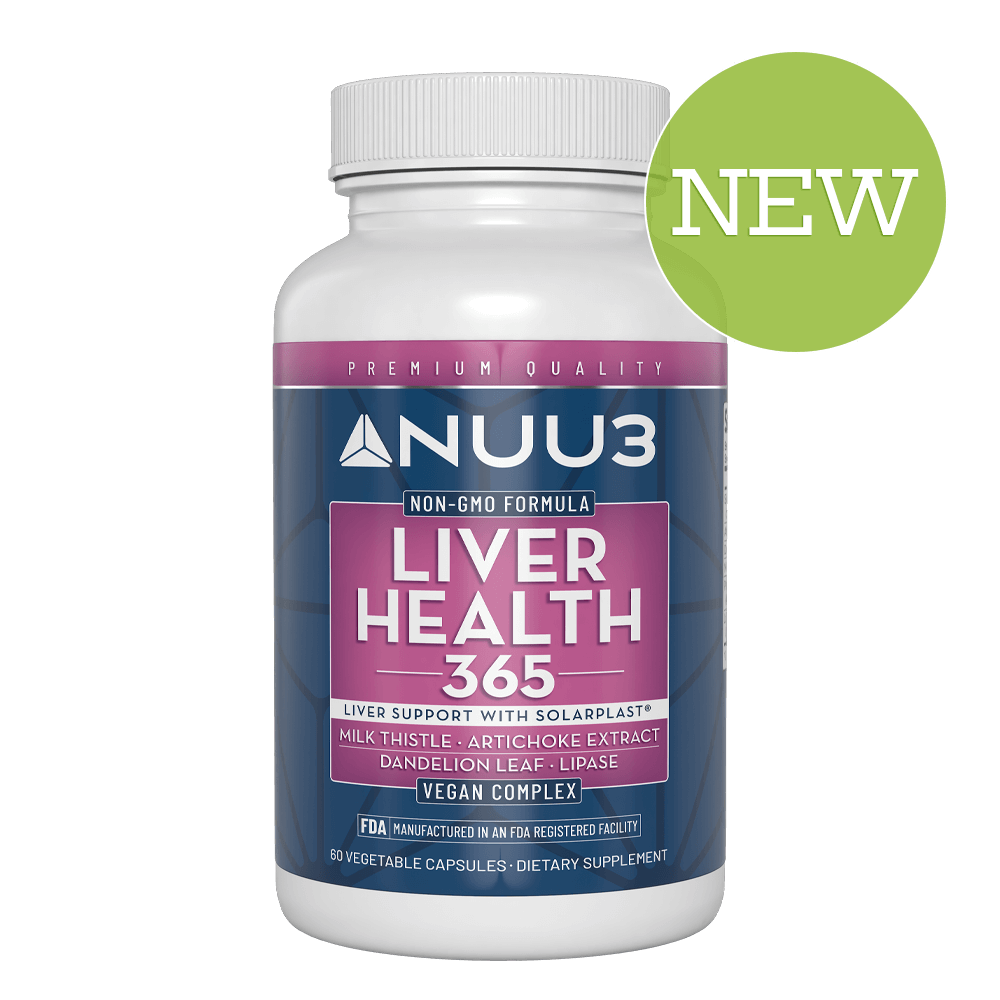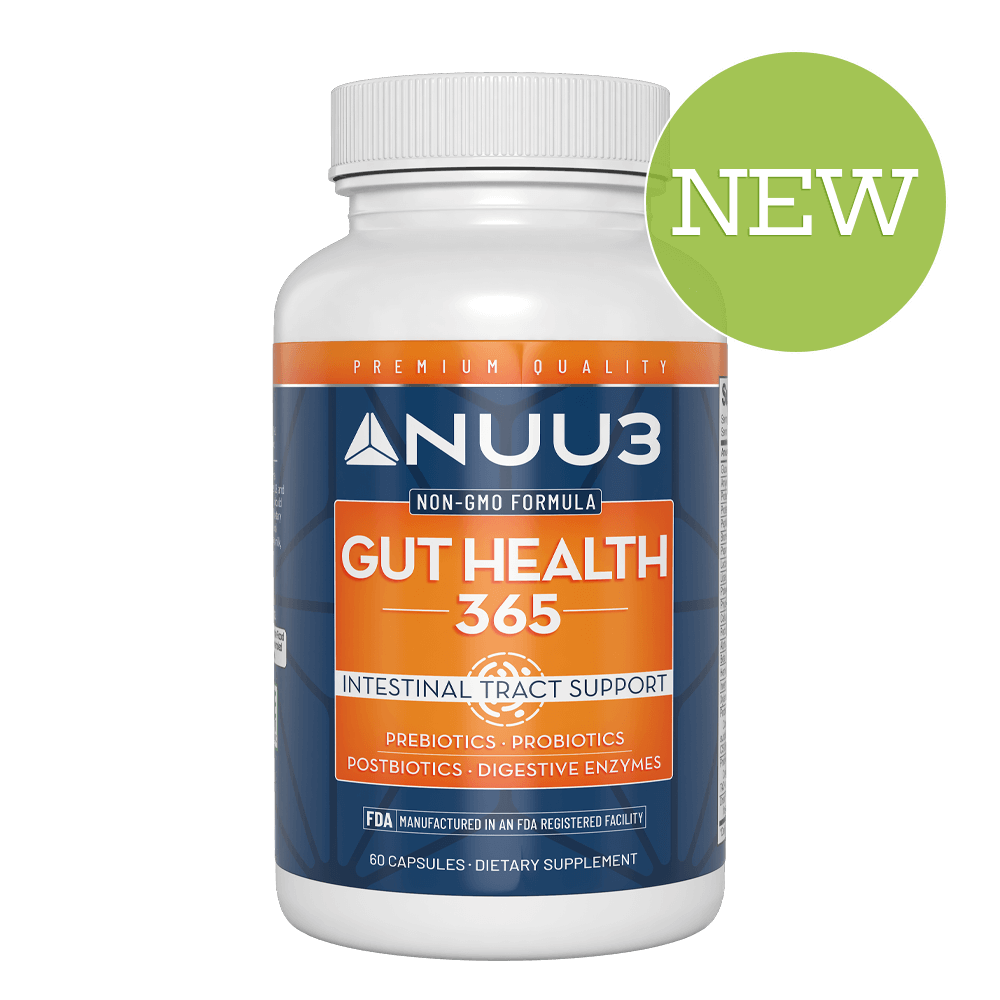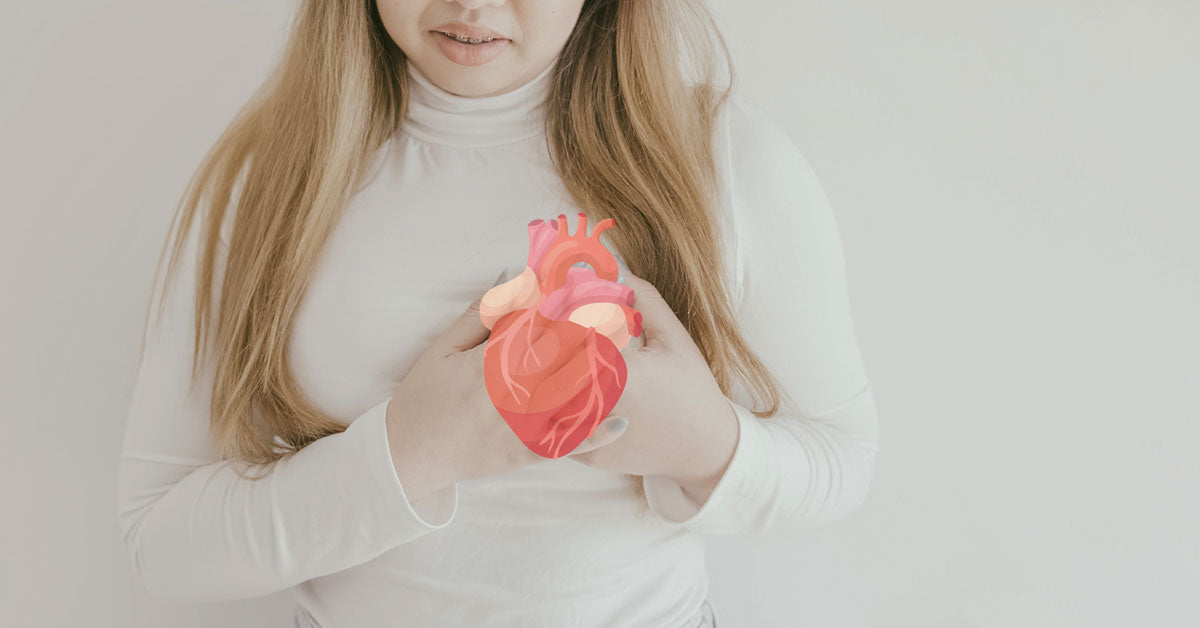Heart palpitations are nothing new for many people. If you’ve had them before, you know that having a fast heartbeat can be dangerous. There are often reasons for heart palpitations, and one of the causes is related to what is known as binge drinking. In these cases, you might have holiday heart syndrome. In this article, we’ll walk you through and help you take a closer at how you can prevent this syndrome.
What is Holiday Heart Syndrome?
Holiday heart syndrome is a condition that was first described in 1978 by Philip Ettinger. He noted the strong connection between alcohol use and arrhythmias as a common occurrence during the holiday season. Hence the name. However, it is worth noting that the symptoms can also happen even outside of the holiday season.
While it’s commonly associated with alcohol[1], one other factor that causes holiday heart syndrome is high salty food consumption. It is considered a factor that contributes to holiday heart syndrome.
Symptoms of Holiday Heart Syndrome
Heart palpitation[2] is one of the most common symptoms of holiday heart syndrome. It means your heartbeat becomes very irregular and faster than usual.
Apart from the holiday heart palpitations, many people become low on energy levels, feel dizzy throughout the day, and experience discomfort in their chest. Shortness of breath is another common symptom that people would complain about.
Causes and Risk Factors of Holiday Heart Syndrome
Overindulging in alcohol and salty foods is the number one cause of holiday heart syndrome. What could start as portions of main courses with a few pieces and slices of pastries and cakes and a tall glass of eggnog could end up as the culprit that causes your irregular heartbeat. Finishing this all off with a bottle of your favorite alcoholic drinks, it could be your front-seat ticket to holiday heart syndrome. Thus, your body reacts to the combination of alcohol and the high quantity of sodium in your food, hence your heart palpitations, tiredness, and even shortness of breath.
Drinking too much alcohol can lead to a loss of body water. At this point, finding answers to the question of can dehydration cause heart palpitations should help you understand what could aggravate the symptoms and make your condition worse.
Is Holiday Heart Syndrome a Serious Condition?
The severity and seriousness of your symptoms depend on your lifestyle. If you overindulge occasionally and keep everything under control, then it shouldn’t be a major problem. However, if you overindulge habitually, it could complicate your health condition especially if you have co morbidity such as a heart ailment. It can make your holiday heart syndrome more serious.
Other things could cause palpitations. People might also ask - can dehydration cause heart palpitations? Failing to keep yourself well hydrated could exacerbate your heart palpitations and bring your other symptoms to the next level.
Long-term complications include heart attack, stroke, or heart failure. Thus, it’s important to understand the signs of heart disease from alcohol.
What does Holiday Heart Syndrome feel like?
The effects of your overindulging might take a while. You may begin to feel uneasy with chest discomfort and a racing heartbeat. You may also feel dizzy and tired after a good night’s rest.
How to Avoid Holiday Heart Syndrome
There are several steps you can take to prevent this syndrome. Anticipating the possibility of overindulging should help you take control of yourself without skipping any of the fun. Here are some tips to keep in mind to help you avoid this problem.
-
Eat and drink in moderation: Don’t challenge yourself with the amount of food you can put on your plate. Rather, dish up in small portions and do refills with the same amount if you want. Limit your eggnog refills and your alcohol intake to avoid going overboard. Moderation is key. It should keep the possibility of holiday heart syndrome at bay.
-
Keep moving: Be active and always keep yourself on the move. Create a daily workout routine that suits you. Keep it basic, just enough to keep you active and help you burn the excess calories.
-
Try your best to stay calm: The holidays can disrupt your daily routines and make things chaotic. It could be stressful and leave you anxious if you don’t take control. Keeping yourself calm can be a struggle sometimes. You can take NUU3 Keep Calm Gummies if you feel things are getting out of hand. These gummies are packed with first-grade natural ingredients that help you relax and remain calm during the holiday rush.
-
Make sure you are well-hydrated before and after drinking: This point brings you back to the question - can dehydration cause heart palpitations? The short answer is yes. Keep yourself hydrated before and after your event. Drinking alcohol during the holiday is sometimes very hard to resist.
Alcoholic drinks have become a staple on almost all occasions, especially during the holidays. Keeping watch of your alcohol intake is a must during these times as overindulging can challenge your health. Take the NUU3 Greenpura Supplements to boost your antioxidants and healthy weight loss.
Another possibility that you may encounter during the holidays is gaining weight. The extra calories in every bite could accumulate and push your weight scale significantly. Adding the NUU3 Apple Cider Vinegar Gummies to your health supplements will help you control weight gain during the holidays.
FAQ
How long will the holiday heart syndrome last?
The symptoms of holiday heart syndrome can be persistent sometimes and could last for as long as 24 to 48 hours, depending on the severity. For some people, the symptoms last for shorter periods.
When does the holiday heart syndrome start?
The reason it’s called holiday heart syndrome is because it’s more common during the holidays. However, you can have these symptoms at any point in the year after binge drinking.
Is holiday heart syndrome common?
It’s relatively common, especially among those who drink continuously for multiple days during the holidays or perhaps on a long weekend.
Key takeaway
People might take the name of this condition literally. While the name implies the holiday season, it could occur anytime, especially if you engage in binge drinking. If you have an existing heart condition, consider regulating your food and drinks during these occasions to avoid persistent heart palpitations and other symptoms. Getting a grasp of this condition combined with a medical expert’s advice should allow you to enjoy the holidays and all other special events throughout the year.
References
1] ↑https://pubmed.ncbi.nlm.nih.gov/8805002/
2] ↑https://www.ncbi.nlm.nih.gov/books/NBK537185/











